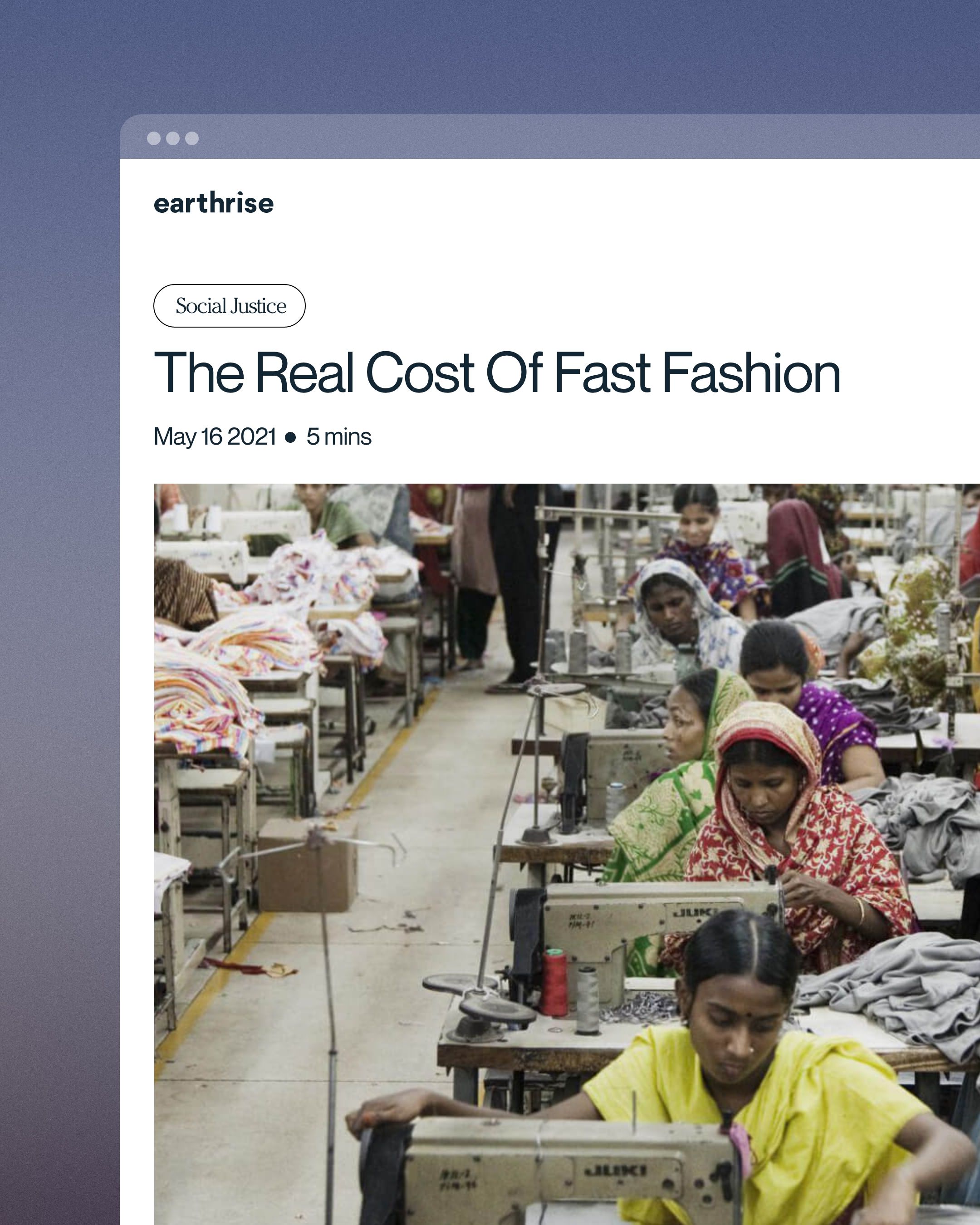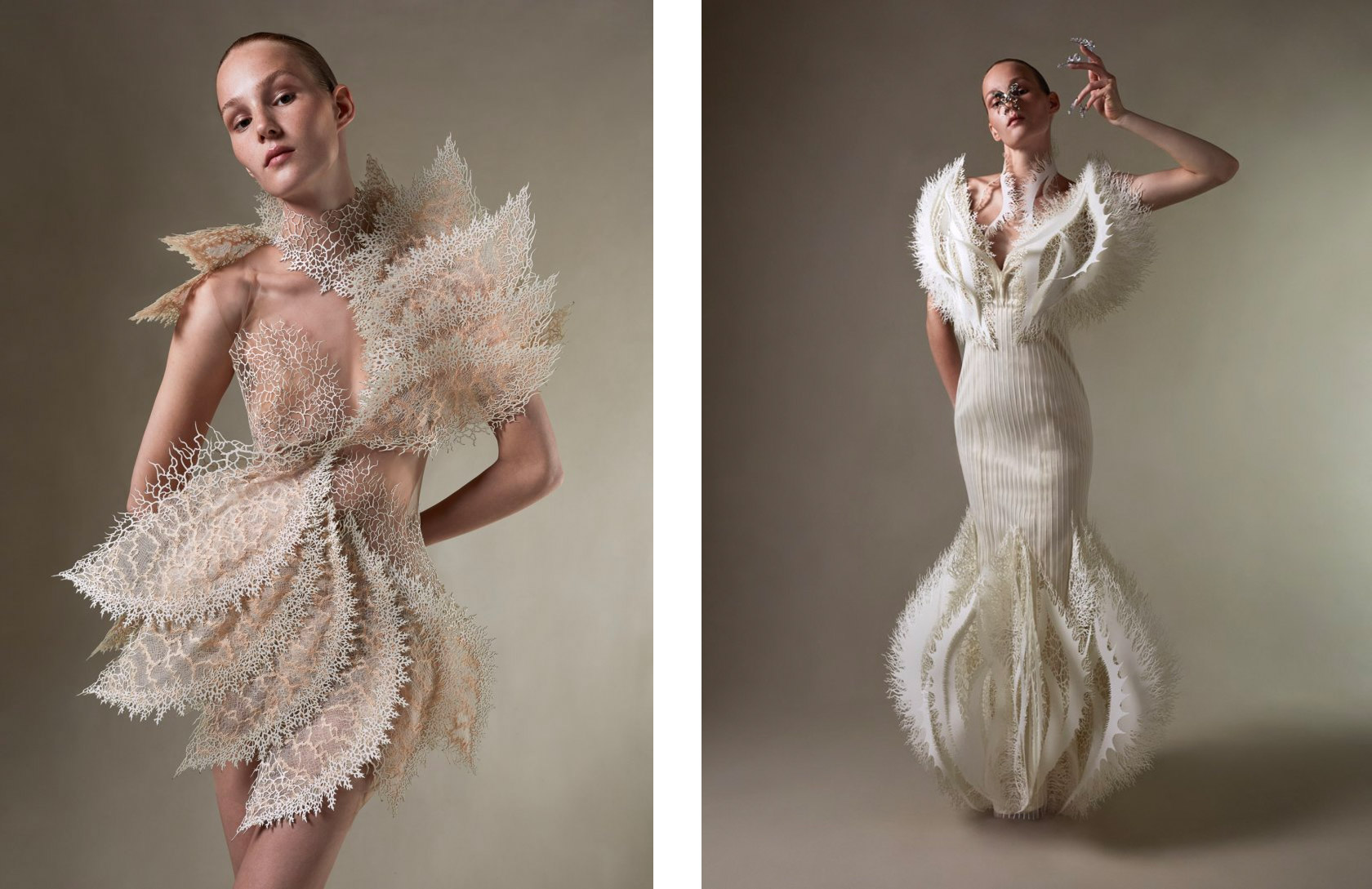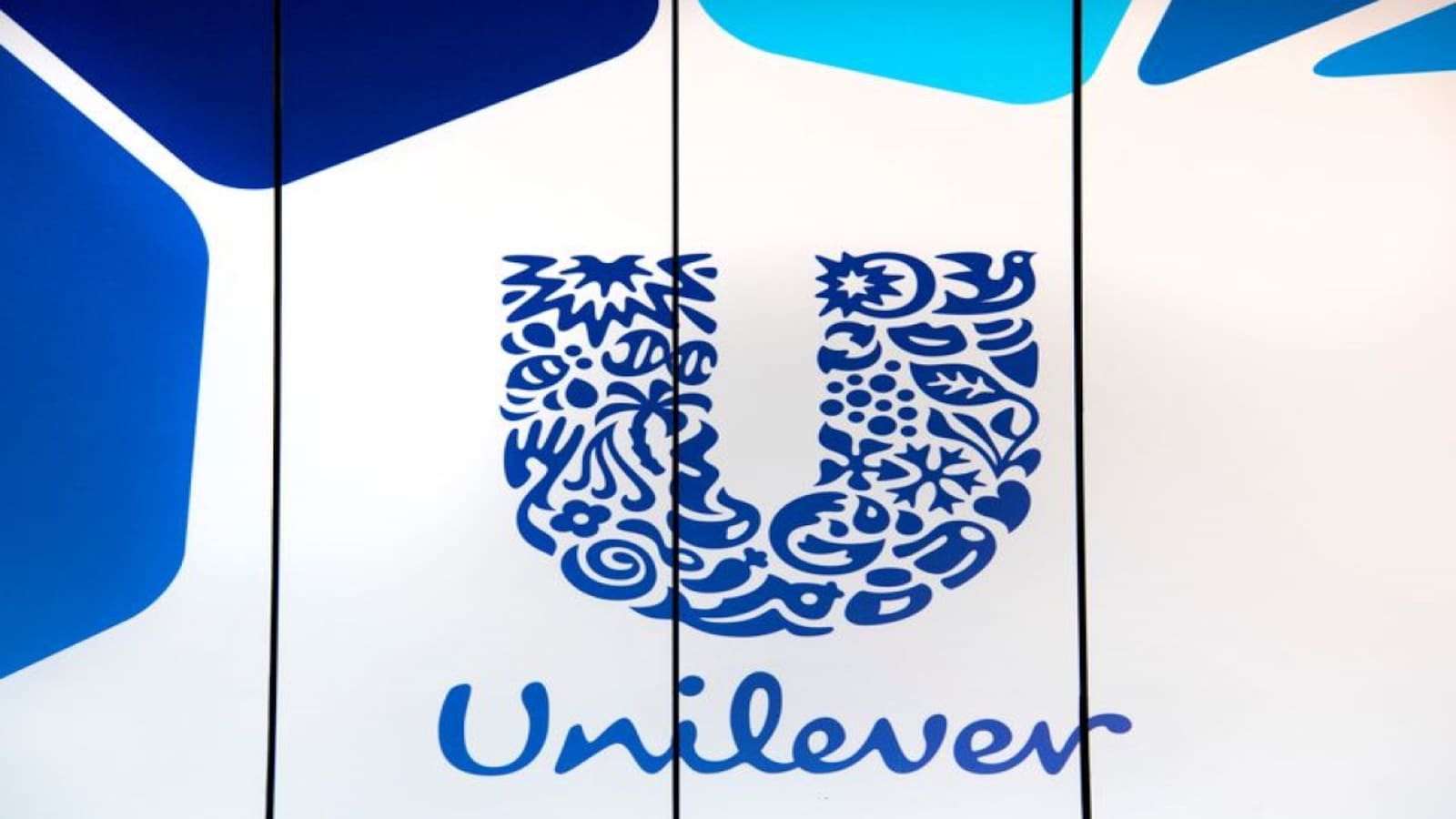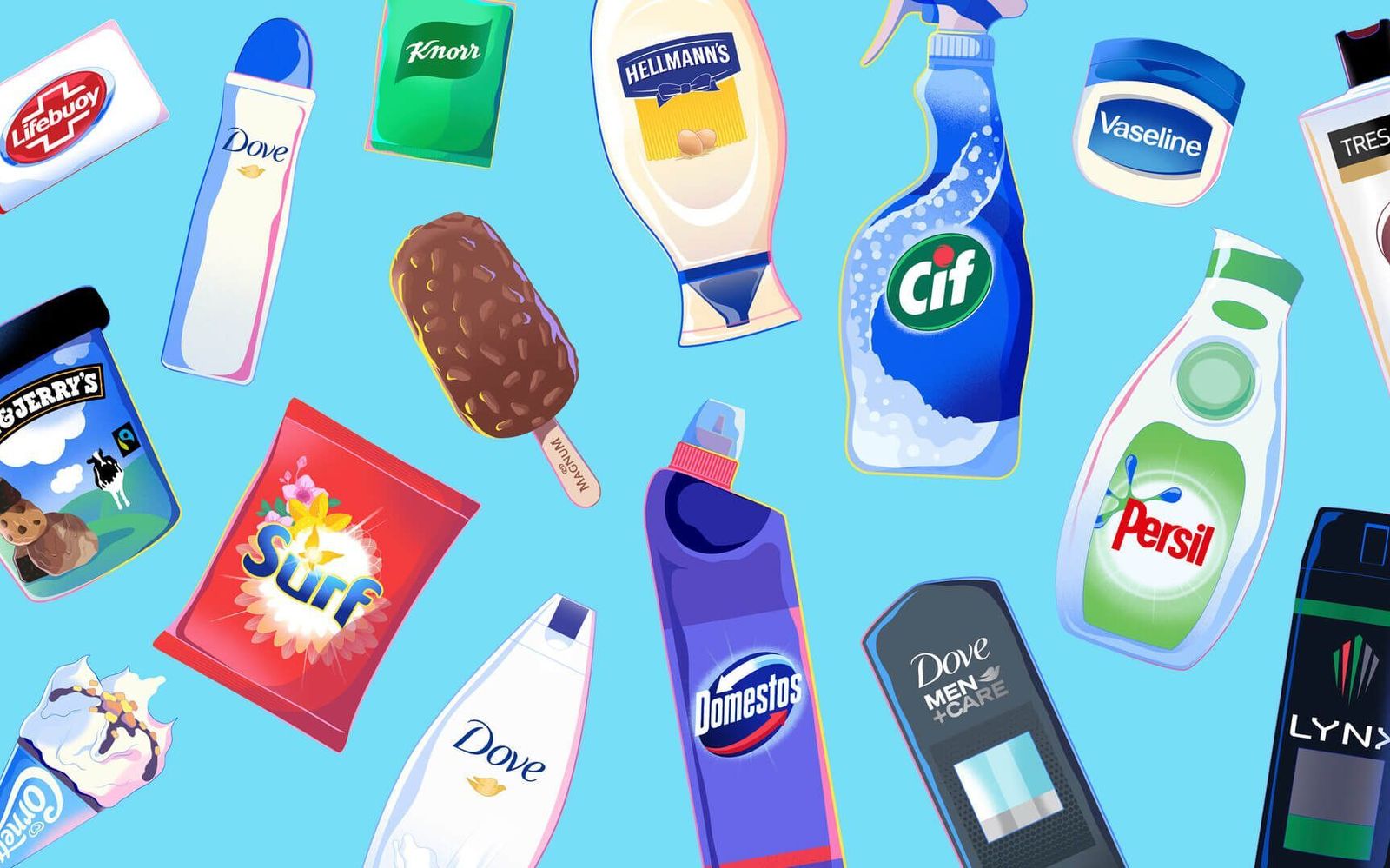
Europe is home to some of the best lifestyle companies in the world. These companies offer a wide range of products and services that cater to the needs and wants of consumers across the continent. 
From fashion and beauty to home and food, the top 10 best lifestyle companies in Europe have established themselves as leaders in their respective industries.
- IKEA IKEA is a Swedish company that has revolutionized the furniture industry with its innovative and affordable products. The company’s flat-pack furniture is designed to be easy to assemble, making it a popular choice for consumers around the world. IKEA’s product range also includes home accessories, kitchen appliances, and textiles. The company’s commitment to sustainability and ethical practices has earned it a loyal following and made it one of the best lifestyle companies in Europe.

IKEA is a Swedish company that has become a household name around the world. The company is known for its innovative and affordable furniture, as well as its commitment to sustainability and ethical practices. IKEA’s success can be attributed to several key factors, including its unique business model, customer-centric approach, and focus on design and innovation.
One of the key factors that set IKEA apart from other furniture retailers is its unique business model. IKEA designs and produces its own products, which allows it to control the entire supply chain and keep costs low. The company also operates its own stores and distribution centers, which further reduces costs and allows it to offer competitive prices to customers.
In addition to its unique business model, IKEA is known for its customer-centric approach. The company conducts extensive market research to understand the needs and wants of its customers, and uses this information to develop products and services that meet those needs. IKEA also places a strong emphasis on customer service, offering a range of support services to help customers with everything from product assembly to design advice.
Another key factor in IKEA’s success is its focus on design and innovation. The company employs a team of designers and product developers who work to create products that are both functional and stylish. IKEA’s products are known for their clean lines, simple design, and affordability, making them a popular choice for customers around the world.
IKEA’s commitment to sustainability and ethical practices has also contributed to its success. The company has set ambitious goals to become more sustainable, including using renewable energy, reducing waste, and sourcing materials responsibly. IKEA also works with suppliers to ensure that they meet its strict environmental and social standards.
Overall, IKEA’s success can be attributed to its unique business model, customer-centric approach, focus on design and innovation, and commitment to sustainability and ethical practices. The company has established itself as a leader in the furniture industry and continues to innovate and evolve to meet the changing needs of its customers.
- H&M H&M is a Swedish multinational clothing-retail company that has become one of the most recognized fashion brands in the world. The company’s fast-fashion approach to clothing design and production has made it a popular choice for consumers looking for trendy and affordable clothing. H&M’s product range includes clothing for men, women, teenagers, and children, as well as accessories and cosmetics.
One of the biggest environmental issues associated with fast fashion is the amount of waste it generates. Clothes are often produced at a rapid pace, using cheap materials and labor, and sold at low prices. This has created a culture of disposable, where clothes are worn a few times and then discarded.
According to the Ellen MacArthur Foundation, the equivalent of one garbage truck full of textiles is landfilled or burned every second. This waste not only takes up valuable space in landfills but also releases greenhouse gases that contribute to climate change.
The production of clothing also requires large amounts of natural resources, particularly water. The production of one cotton t-shirt requires approximately 2,700 liters of water. The fast fashion industry is responsible for a significant amount of water pollution, as toxic chemicals are used in the dyeing and finishing process. These chemicals can contaminate waterways, harming wildlife and human health.
In addition to environmental issues, the fast fashion industry is also known for labor exploitation. Many fast fashion brands outsource production to countries with lax labor laws, where workers are paid low wages and work in unsafe conditions. Some workers are even forced to work long hours and endure verbal and physical abuse. The lack of transparency in the supply

- Zara
 Zara is a Spanish clothing retailer that has become known for its fast-fashion approach to clothing design and production. The company’s product range includes clothing for men, women, and children, as well as accessories and cosmetics. Zara’s commitment to sustainability and ethical practices has earned it a loyal following and made it one of the best lifestyle companies in Europe. Fast fashion has become a major part of the clothing industry, with companies like Zara and H&M leading the way. These brands are known for their trendy and affordable clothing, but what is the real cost of fast fashion? From environmental degradation to labor exploitation, there are many hidden costs associated with this industry.
Zara is a Spanish clothing retailer that has become known for its fast-fashion approach to clothing design and production. The company’s product range includes clothing for men, women, and children, as well as accessories and cosmetics. Zara’s commitment to sustainability and ethical practices has earned it a loyal following and made it one of the best lifestyle companies in Europe. Fast fashion has become a major part of the clothing industry, with companies like Zara and H&M leading the way. These brands are known for their trendy and affordable clothing, but what is the real cost of fast fashion? From environmental degradation to labor exploitation, there are many hidden costs associated with this industry.
Fast fashion has a significant impact on the environment. The production of synthetic fibers, such as polyester and nylon, requires large amounts of energy and creates greenhouse gas emissions. In addition, the use of toxic chemicals in the dyeing and finishing process can pollute waterways and harm wildlife. The production of one cotton t-shirt requires approximately 2,700 liters of water, and the fashion industry is responsible for 10% of global carbon emissions.
Fast fashion brands like Zara and H&M are known for their low prices, but these prices come at a cost to the workers who produce the clothes. Many fast fashion brands outsource production to countries with lax labor laws, where workers are paid low wages and work in unsafe conditions. Some workers are even forced to work long hours and endure verbal and physical abuse.
In addition to labor exploitation, fast fashion has been linked to human rights violations. The Rana Plaza disaster in Bangladesh in 2013, where over 1,100 workers were killed in a factory collapse, highlighted the dangers of the fast fashion industry. Many workers in the industry, particularly women, are denied basic rights such as access to healthcare and education.
Fast fashion is also responsible for a significant amount of waste. Clothes are often made to be worn a few times and then discarded, leading to a culture of disability. According to the Ellen MacArthur Foundation, the equivalent of one garbage truck full of textiles is landfilled or burned every second.
- Nestle is a Swiss multinational food and beverage company that produces a wide range of products, including coffee, bottled water, baby food, and pet food. The company’s commitment to sustainability and ethical practices has earned it a loyal following and made it one of the best lifestyle companies in Europe. Nestle is a Swiss multinational food and beverage company that was founded in 1866 by Henri Nestle. The company is headquartered in Vevey, Switzerland, and has operations in more than 190 countries.
Nestle’s products include baby food, bottled water, breakfast cereals, coffee and tea, confectionery, dairy products, frozen food, pet food, and snacks. Some of its well-known brands include Nescafe, KitKat, Maggi, Gerber, Purina, and Perrier.
In addition to its consumer products, Nestle also has a professional products division that provides food and beverage solutions to restaurants and hotels. The company also has a research and development division that is focused on developing new products and technologies.
Nestle is one of the largest food and beverage companies in the world, with a strong global presence. The company is committed to sustainable practices and has set a goal to achieve net-zero greenhouse gas emissions by 2050. Nestle has also been recognized for its corporate social responsibility efforts, including its work to improve the livelihoods of farmers and communities in its supply chain.

- L’Oreal is a French cosmetics company that produces makeup, skincare, haircare, and fragrance products. The company’s commitment to sustainability and ethical practices has earned it a loyal following and made it one of the best lifestyle companies in Europe.L’Oreal is a French cosmetics and personal care company that specializes in products for hair care, skincare, makeup, and fragrance. The company was founded in 1909 by Eugène Schueller and is headquartered in Clichy, France.
L’Oreal operates in more than 150 countries and has over 500 brands, including L’Oreal Paris, Maybelline, Garnier, Lancôme, Kiehl’s, Redken, and Matrix. The company is also committed to sustainable practices and has set a goal to become a carbon-neutral company by 2025.
In addition to its consumer products, L’Oreal also has a professional products division, which serves salons and beauty professionals with products and education. The company also has a research and innovation division, which is focused on developing new technologies and ingredients for its products.
L’Oreal is one of the largest cosmetics companies in the world, with a strong presence in both developed and emerging markets. The company has been recognized for its innovation and leadership in the beauty industry and is a frequent recipient of awards and accolades.
- Unilever is a British-Dutch multinational consumer goods company that produces a wide range of products, including personal care, home care, and food and beverages. The company’s commitment to sustainability and ethical practices has earned it a loyal following and made it one of the best lifestyle companies in Europe.

- Ferrero
 Ferrero is an Italian confectionery company that produces some of the most popular chocolate and confectionery brands in the world, including Nutella, Ferrero Rocher, and Kinder chocolate. The company’s commitment to sustainability and ethical practices has earned it a loyal following and made it one of the best lifestyle companies in Europe.
Ferrero is an Italian confectionery company that produces some of the most popular chocolate and confectionery brands in the world, including Nutella, Ferrero Rocher, and Kinder chocolate. The company’s commitment to sustainability and ethical practices has earned it a loyal following and made it one of the best lifestyle companies in Europe. 
- Adidas is a German multinational corporation that designs and manufactures athletic and casual footwear, apparel, and accessories. The company’s commitment to sustainability and ethical practices has earned it a loyal following and made it one of the best lifestyle companies in Europe.
- BMW is a German multinational corporation that produces luxury vehicles, motorcycles, and bicycles. The company’s commitment to sustainability and ethical practices has earned it a loyal following and made it one of the best lifestyle companies in Europe.BMW is a German luxury car manufacturer that was founded in 1916. The company is headquartered in Munich, Germany, and is known for producing high-performance, premium vehicles.
BMW’s product line includes sedans, coupes, convertibles, sports cars, SUVs, and motorcycles. The company’s vehicles are known for their sleek design, precision engineering, and advanced technology.
BMW has a strong reputation for innovation and has introduced a number of groundbreaking technologies over the years. For example, the company developed the first turbocharged production car, the BMW 2002 Turbo, in 1973. In 2001, BMW introduced its iDrive system, which revolutionized the way drivers interact with their cars’ infotainment systems.
In recent years, BMW has been at the forefront of the electric vehicle (EV) revolution. The company’s i3 electric car, which was introduced in 2013, was one of the first mass-produced EVs on the market. BMW has continued to invest in EV technology and has plans to release several new electric models in the coming years.
BMW has a strong presence in the global automotive market, with production facilities in Germany, the United States, China, and other countries. The company also has a robust network of dealerships and service centers around the world, making it easy for customers to access BMW vehicles and support them.
In addition to its automotive business, BMW also has a financial services division that provides leasing, financing, and insurance services to customers. The company’s financial services offerings make it easier for customers to purchase and maintain BMW vehicles.
BMW is committed to sustainable practices and has set ambitious goals for reducing its environmental impact. The company has a goal to reduce its carbon emissions per vehicle by at least 40% by 2030 and to have more than seven million electrified vehicles on the road by 2030.
BMW has a strong focus on customer experience and is known for providing exceptional service and support to its customers. The company offers a range of programs and services to help customers get the most out of their BMW vehicles, including driver training courses, roadside assistance, and online resources.
Overall, BMW is a leading player in the global automotive industry, with a reputation for quality, innovation, and performance. The company’s commitment to sustainability, customer service, and technological innovation has helped it stay ahead of the curve and maintain its position as one of the world’s top luxury car brands.
- Danone is a French multinational food-products corporation that produces and sells dairy products, water, and baby food. The company’s commitment to sustainability and ethical practices has earned it a loyal following and made it one of the best lifestyle companies in Europe.
In conclusion, the top 10 best lifestyle companies in Europe have established themselves as leaders in their respective industries through their commitment to sustainability, ethical practices, and innovative products and services. These companies have earned a loyal following and continue to




